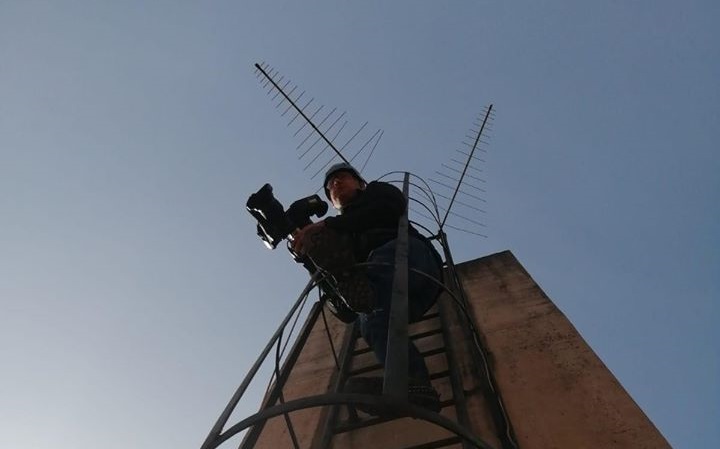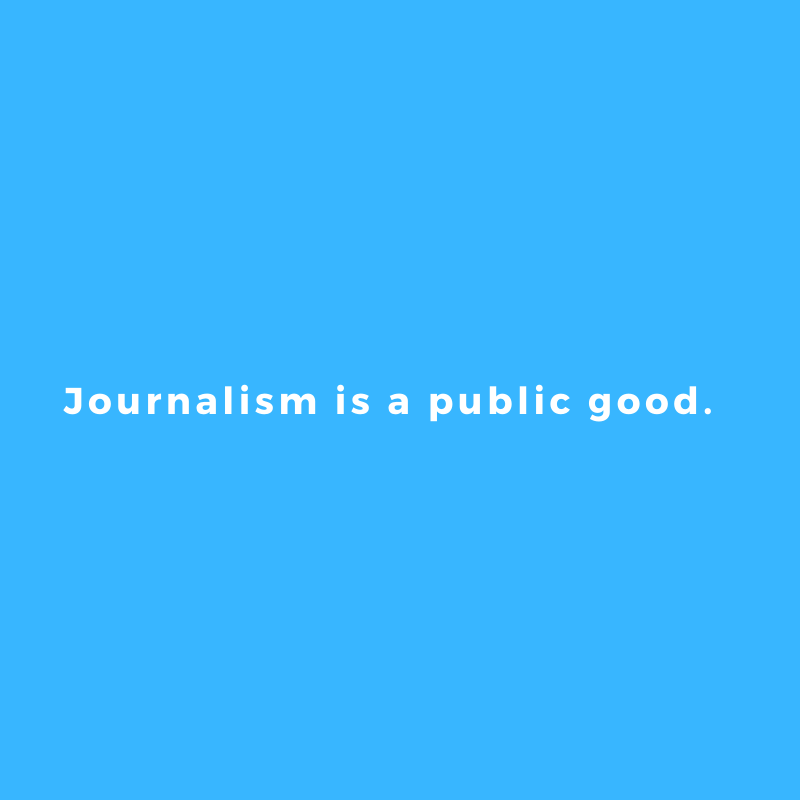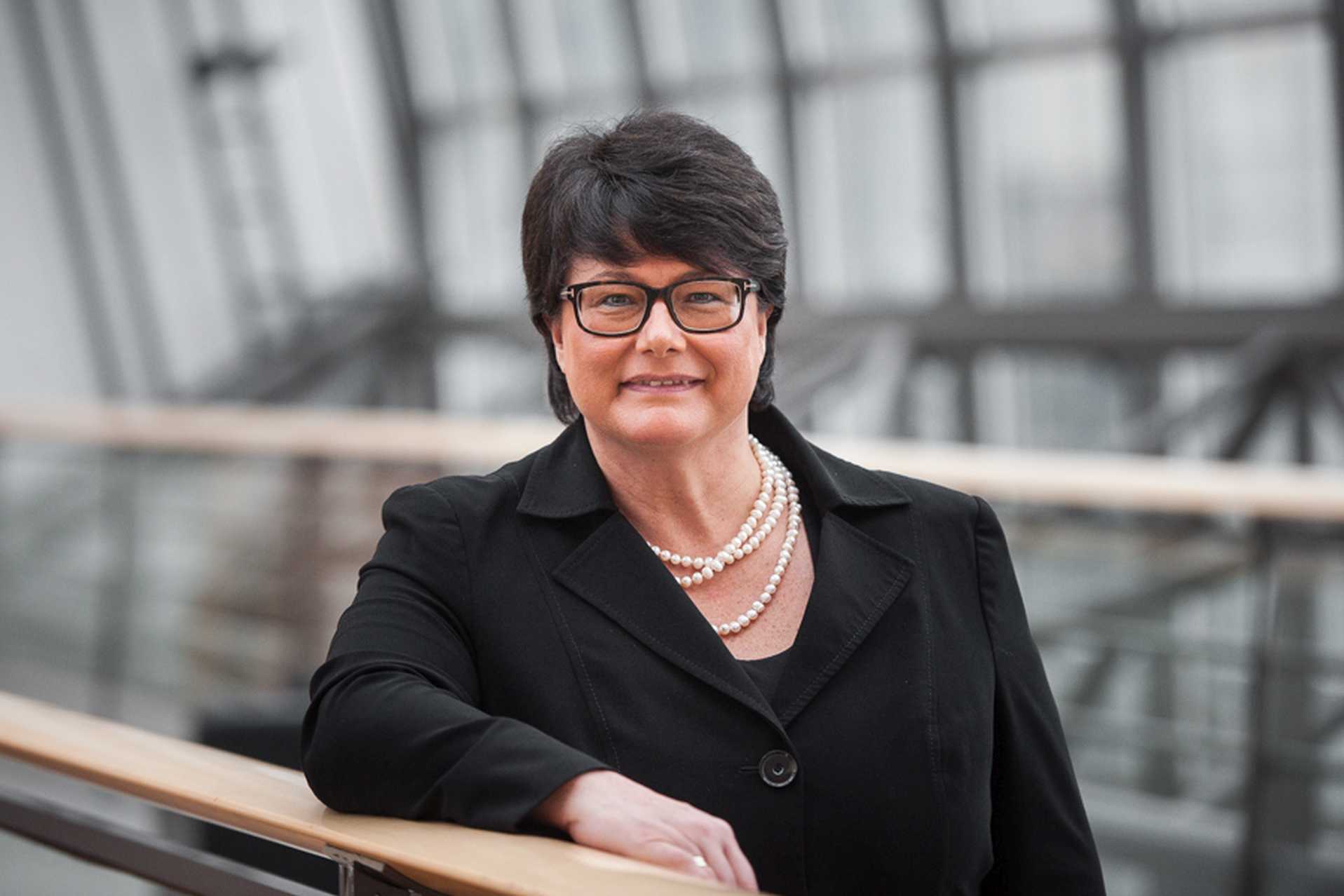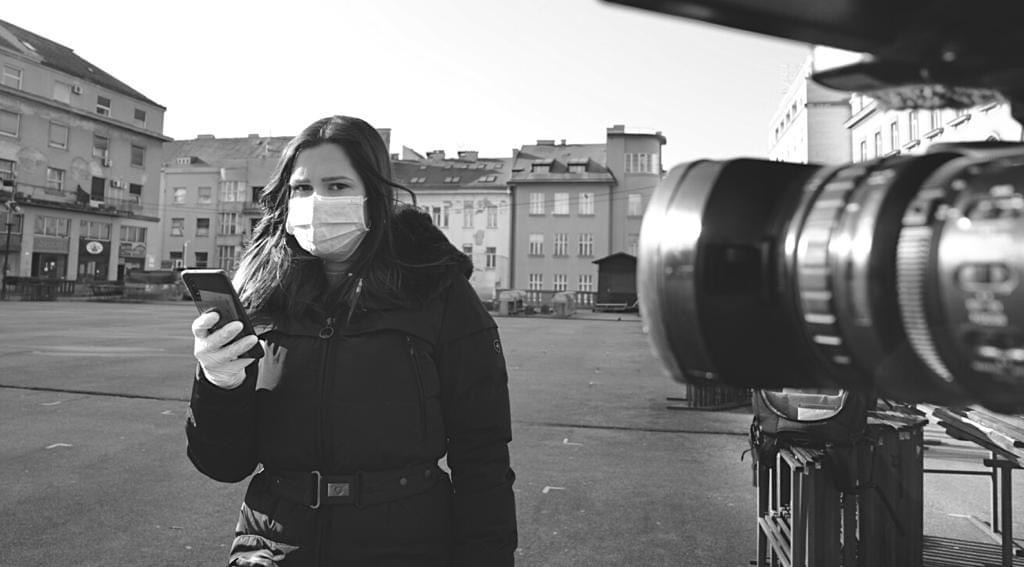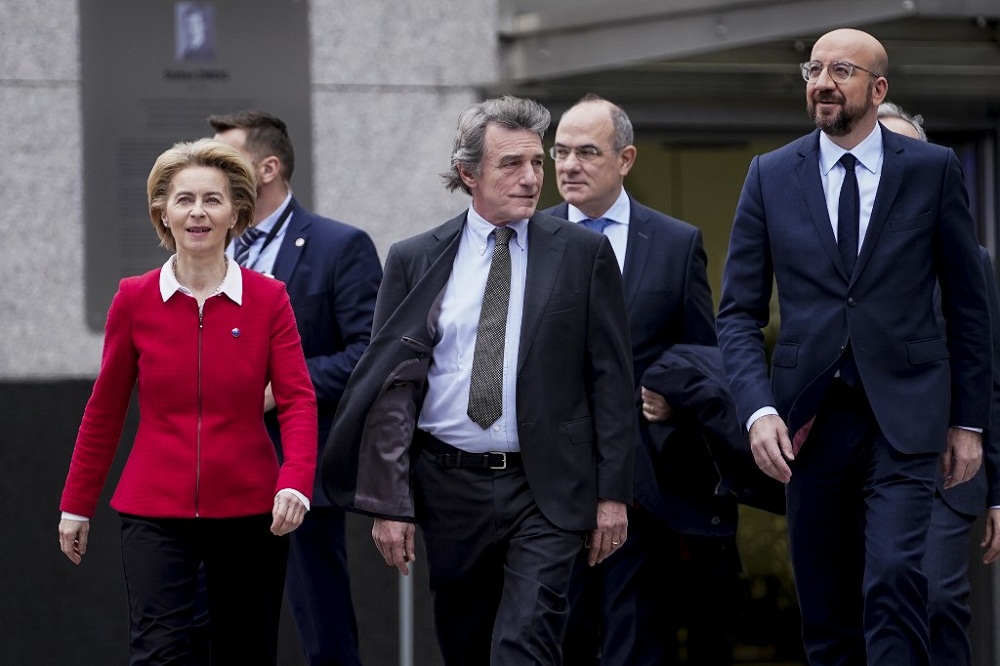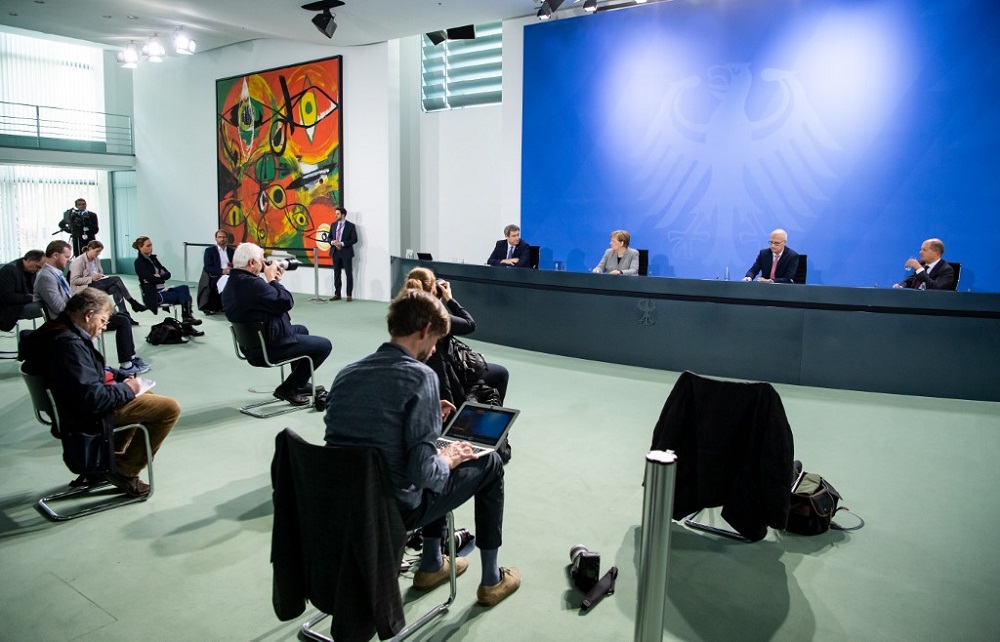Policy
COVID-19
Workers’ Day: EFJ calls for more support and solidarity for journalists during COVID-19 pandemic
“1 May 2020 will be another International Workers’ Day that many journalists will spend working. But this time, many journalists will do so without knowing if their pay will be 30% or 50% lower or if they will be out of work next month,” said Andrea Roth, Chair of the Labour Rights Expert Group of the European Federation of Journalists (EFJ). Due to the COVID-19 pandemic and the “lockdown” measures, many journalists, particularly freelance journalists, have lost their incomes because of salary cuts, delayed payment or no assignments. This happens at a time when journalists are most needed to inform…
Journalists’ unions urge COVID-19 recovery plans to sustain the media sector now and into the future
Journalists and media companies need ambitious packages to effectively face the devastating social and economic impact of the global COVID-19 crisis on the media sector. The European Federation of Journalists (EFJ) published on 8 April its proposals for recovery plans at the European and national levels (in English and French) and presented them to EU Commissioners Véra Jourová (DG Values and Transparency) and Thierry Breton (DG Internal Market). Journalists’ unions throughout Europe have followed with concrete measures to save journalism not only now, but also into the future. Croatia The different financial packages announced by the Croatian government have not…
EU funds must reach media and creative sector, say MEPs
The European Federation of Journalists (EFJ) welcomes the European Parliament Culture Committee’s statement calling on today the European Union to create an emergency fund for media. “Additional EU action is needed to make sure EU help reaches the ravaged media and culture sectors, say EP Culture committee members. The culture and creative sector in the EU – especially individual creators and SMEs – and the media sector are being decimated by the crisis. The European Union must therefore do more to help those struggling sectors to get back on their feet, stress the members of the European Parliament’s Culture and…
In Croatia, journalists’ unions raise the alarm about the COVID-19 impact on journalism
The Trade Union of Croatian Journalists (TUCJ) and the Croatian Journalists Association (CJA) urged in a letter the government “to save journalism” by taking financial compensation measures for the media sector. If nothing is done, mass layoffs will occur and media will shutdown, they warned. The European Federation of Journalists (EFJ) joined its affiliates in urgently requesting a media recovery plan. The government didn’t include the media sector in its financial relief packages intended to help the economic activity affected by the pandemic and the earthquake. “Job losses and pay cuts have already begun. They could eventually lead to a…
EU urged again to protect rule of law during COVID-19 states of emergency
The European Federation of Journalists (EFJ) today joined 80 MEPs and civil society organisations, including Transparency International and Access Info Europe, in calling on the European Union to address restrictions on the rule of law and human rights, including freedom of expression and information, being introduced via coronavirus pandemic emergency measures. In an open letter sent to European Commission President Ursula von der Leyen and EU Council President Charles Michel, the signatories warn of the misuse of the coronavirus crisis to silence dissent, limit freedom of expression, marginalise civil society, and erode democratic values. The letter also calls on the EU to…
Good practices for press conferences during COVID-19 pandemic
The European Federation of Journalists (EFJ) welcomes some good practices regarding the holding of press conferences during the COVID-19 pandemic. However, many countries are still restricting this democratic exercice under the pretext of ensuring the safety of journalists. The EFJ urges countries where journalists are not allowed to ask questions live to adapt in such a critical moment, for example with the use of video conferencing system. While journalists should not expose themselves in crowded conference rooms, the EFJ reminds that it is equally important not to restrict press freedom and journalists’ ability to ask questions. Even during total lockdown,…

